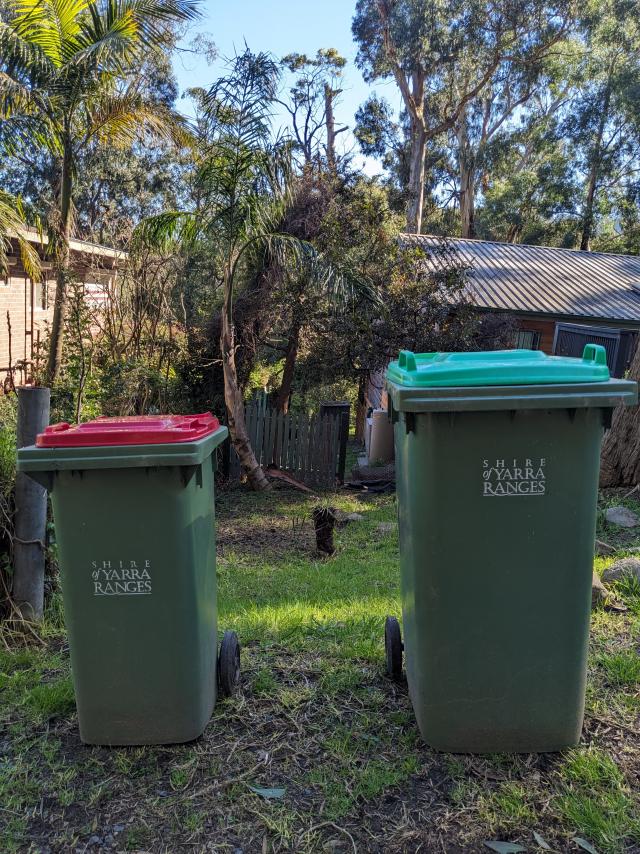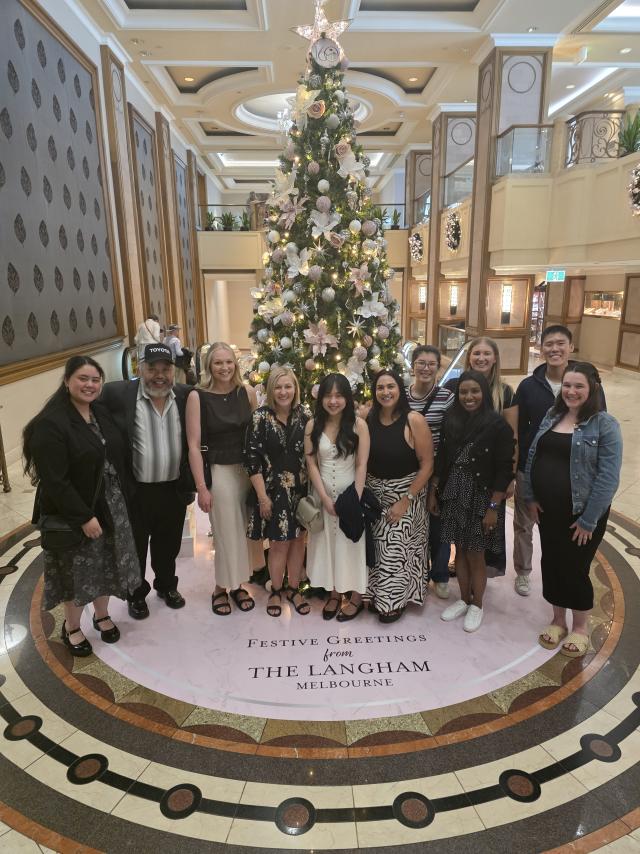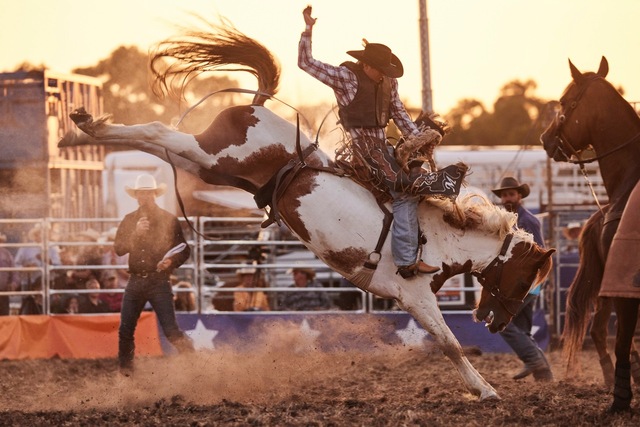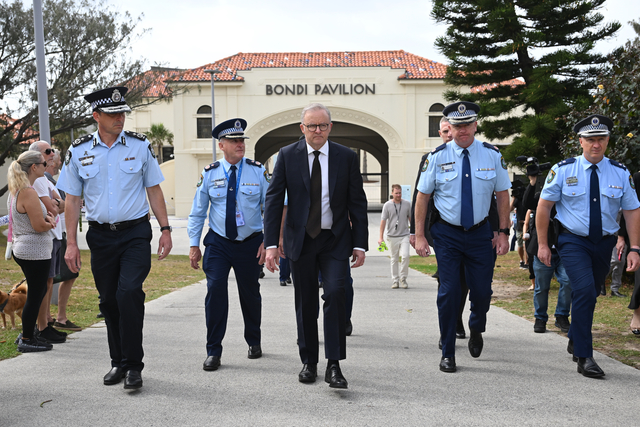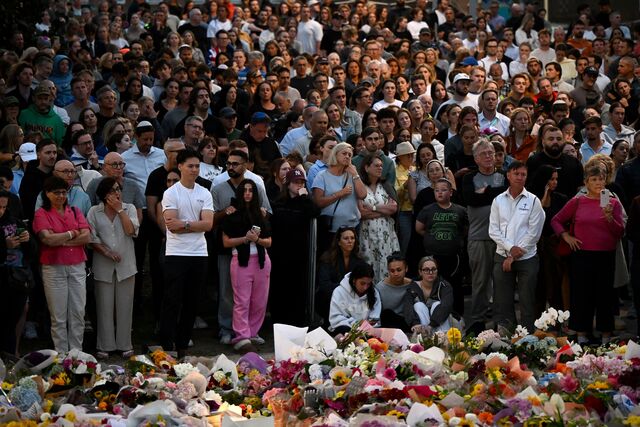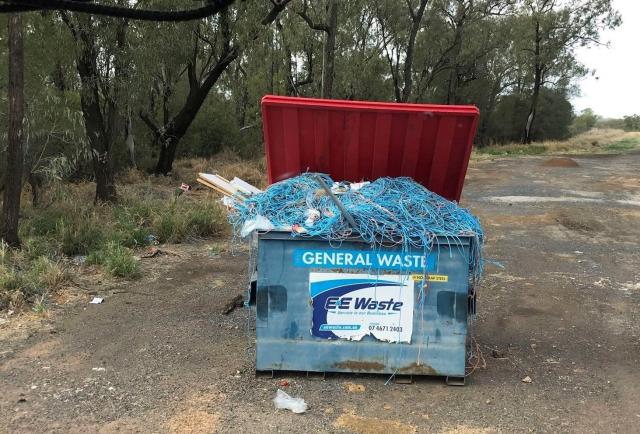Controversy is in the air around the Yarra Ranges Council’s introduction of FOGO bins to the community, however, they aren’t as bad as believed.
Whilst there are several members of the community still on the fence about the new green-lid bins, with concerns of the cost on locals, Council is speaking up proving that the Yarra Ranges has one of the more affordable options in the South East.
First and foremost, on the face of the newly introduced FOGO bin packages, Yarra Ranges residents have a $40 cheaper option than neighbours in the City of Knox, paying only $459 compared to Knox $496.60 for an average bin package, despite having a slightly smaller population.
Yarra Ranges packages are also cheaper than those in Cardinia and Nillumbick, who face a whopping $616.40 charge for the FOGO bin packages.
Yarra Ranges Council believe the FOGO bins are better for the greater good, with additional costs and concerns leading to the overall introduction of waste management in the area.
Executive Officer of Resource Recovery Graham Brew said the overall waste management across Victoria needs to be rethought, especially in the South East.
According to recent reports released by the Council earlier this month, the landfill site in Hallam is filling up drastically, with predictions that the site may be closed by 2026, making the landfill in the East a thing of the past.
Mr Brew said council is facing increasing costs when it comes to waste management in the Yarra Ranges, and changes need to be made.
“Some costs we can’t change include the costs of the truck, the service to pick up bins each fortnight, labour and fuel.
“Regardless of whether locals choose to use FOGO bins or not, you can’t just reduce those costs because the truck doesn’t pick up your bin, it still drives past.
“When looking at the bigger picture, it’s of greater benefit for the wider community to use their FOGO bins and make the most of the service,” he said.
With the Yarra Ranges Council area being one of the largest in the east, totalling around 2,500 square kilometres, the council said transport costs are significantly higher than its counterparts like Knox with a square kilometre radius of 114 or Nillumbik with 432 and yet have been able to decrease the cost by sharing it equally across all residents.
As a metropolitan council, it is also not eligible to receive an assistance in funding from the State Government for the roll out.
Recovery Communications and Engagement Coordinator Joanna Hammond said the Government has almost doubled the cost of waste per tonne on council, and FOGO has been introduced to reduce the cost of waste by introducing compostable recycling.
“The levy was $63.37 per ton in 2020 of waste, however this year it’s $129.97.
“So it’s a substantial increase in cost for the council to actually get rid of the waste,” she said.
Ms Hammond pointed out that, as taxpayers, the community is constantly paying for things we don’t regularly use, however with FOGO we can do our bit for the environment, and make the most of the services provided to us by both the council and government.
“If you think about your tax, and your rights, you will be paying for things you don’t use.
“I don’t use the footy oval but I’m paying towards them.
“As we all know, landfill, climate change is causing environmental issues, and it’s absolutely vital that as a community we work together to solve this problem,” she said.
Ms Hammond said the community needs a shift in mindset from “it’s not my problem” to “it’s everybody’s problem”.
“It’s a bit like turning the power on, or flushing the toilet.
“It just happens, and we feel the same when we put something in the bin and think “it’s not my problem, I don’t have to worry about this, but it is our problem”.
“I think that’s where we’re reaching some of those pain barriers, because we’re telling everybody it’s their problem and as a community we need to solve that.
“If we opt out then the cost goes from them to the other people who are opting in, and would be making locals have to pay more for the service we’re providing,” she said.
Mr Brew said the FOGO bins have a much greater benefit for the environment and the longevity of our existing landfill in the South East.
“As we reduce the volume of waste going to landfill will save money on that side of it.
“At the moment we average around 29,000 to 31,000 tonnes of waste per year, if we can reduce that to 25 tonnes then we can save money on that front.
“There’s a company called Biogro with a number of facilities across Victoria, turning compostable materials into soil products and mulch, meaning our waste will go back to farms and gardens, and help improve the environment.
“There’s a number of councils in Melbourne that actually take the material to that company, and it’s a great way to get it through and processed,” he said.
Yarra Ranges Council are urging locals to think about the greater good in the community, and remember that the cost of the bins is not as great as those in other Victorian municipalities, the costs that council faces, and the impact our decisions may be having on the future of our environment.
For more information on FOGO head to yarraranges.vic.gov.au/whywasteit/Home

